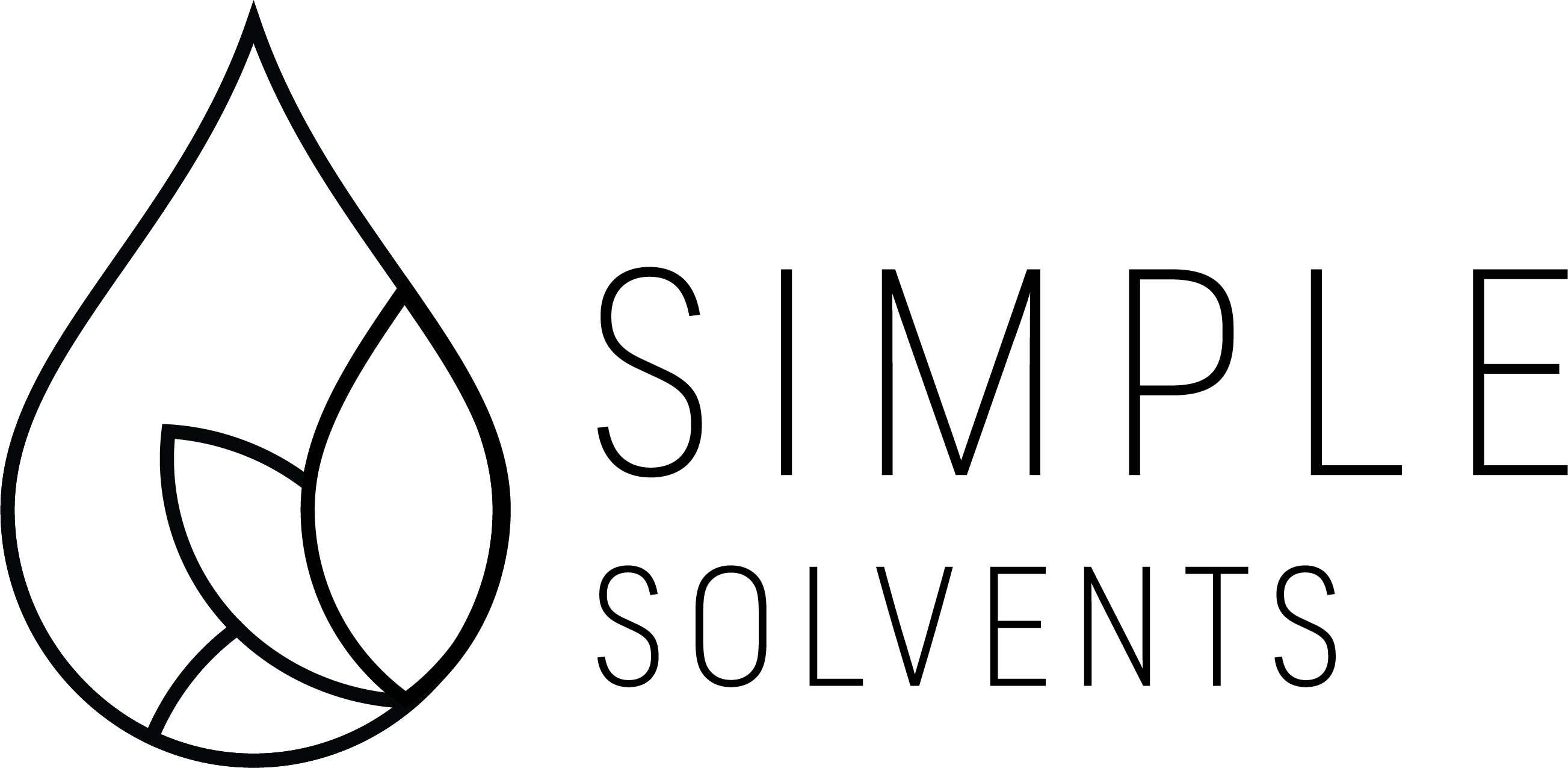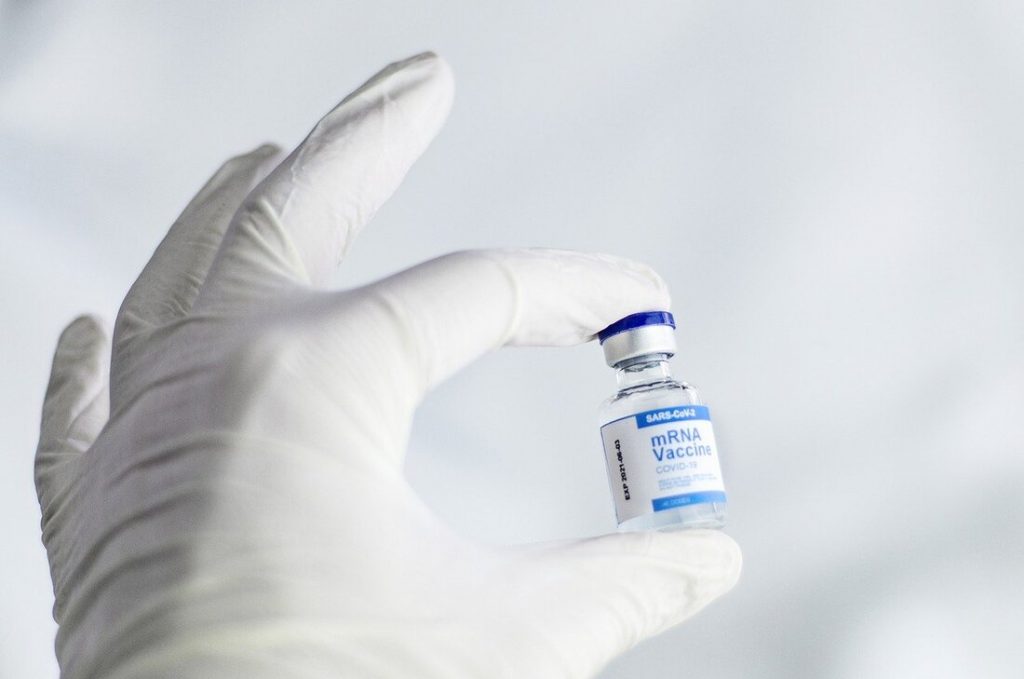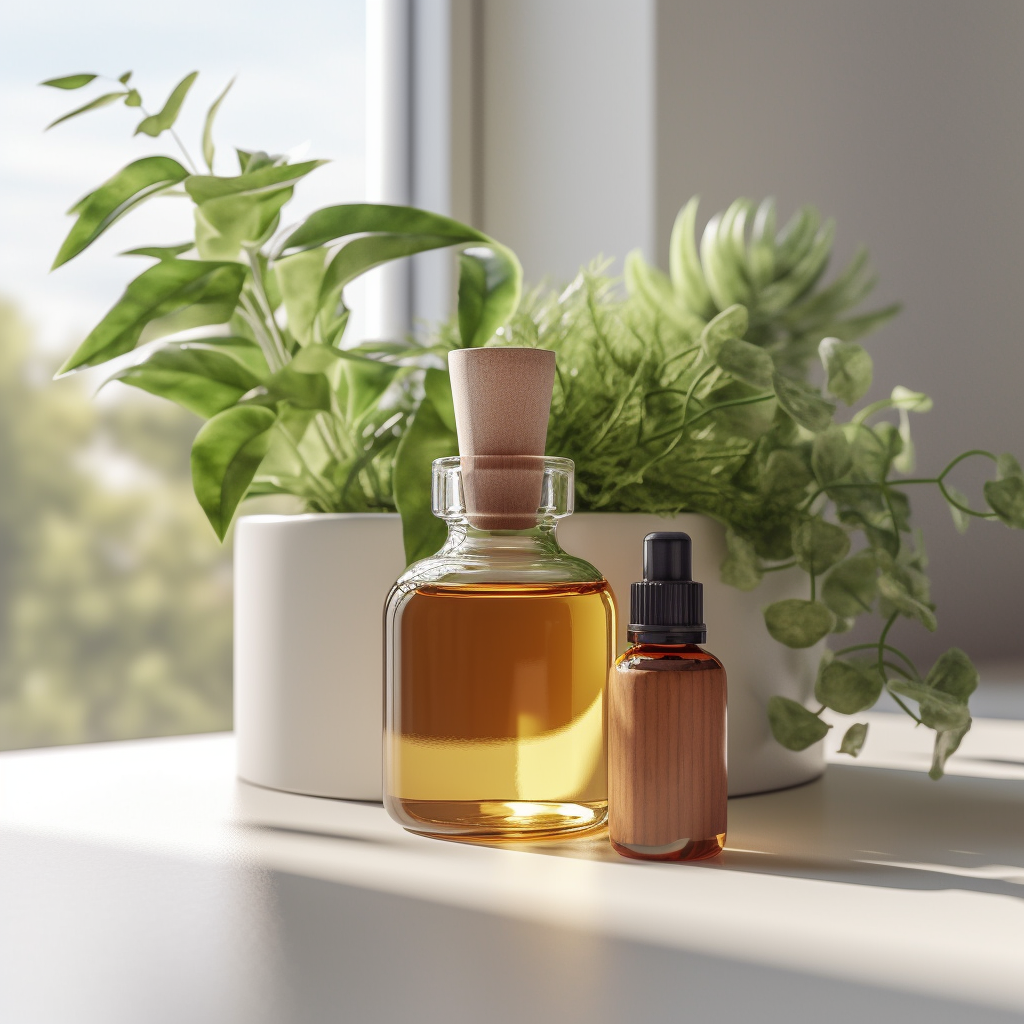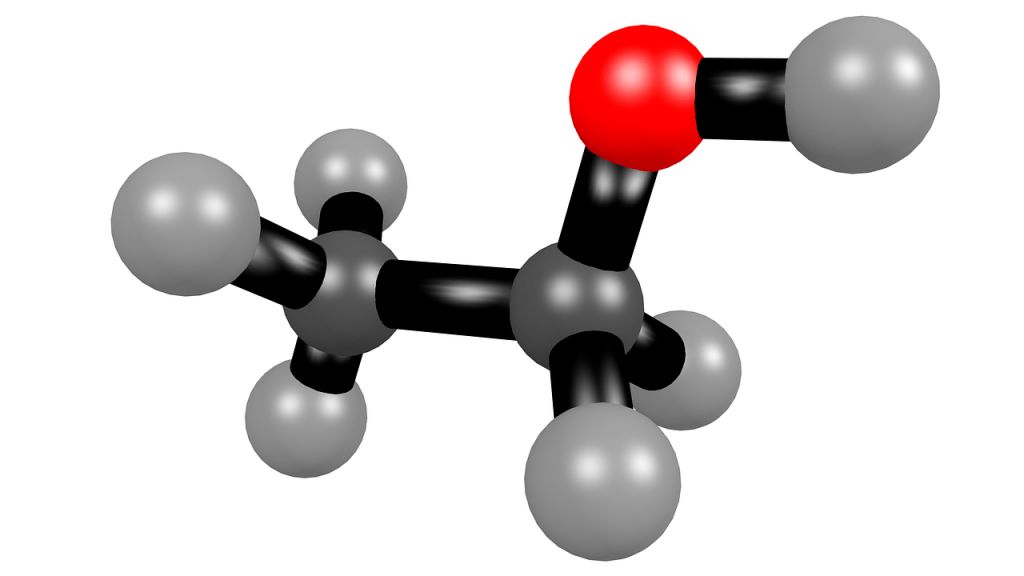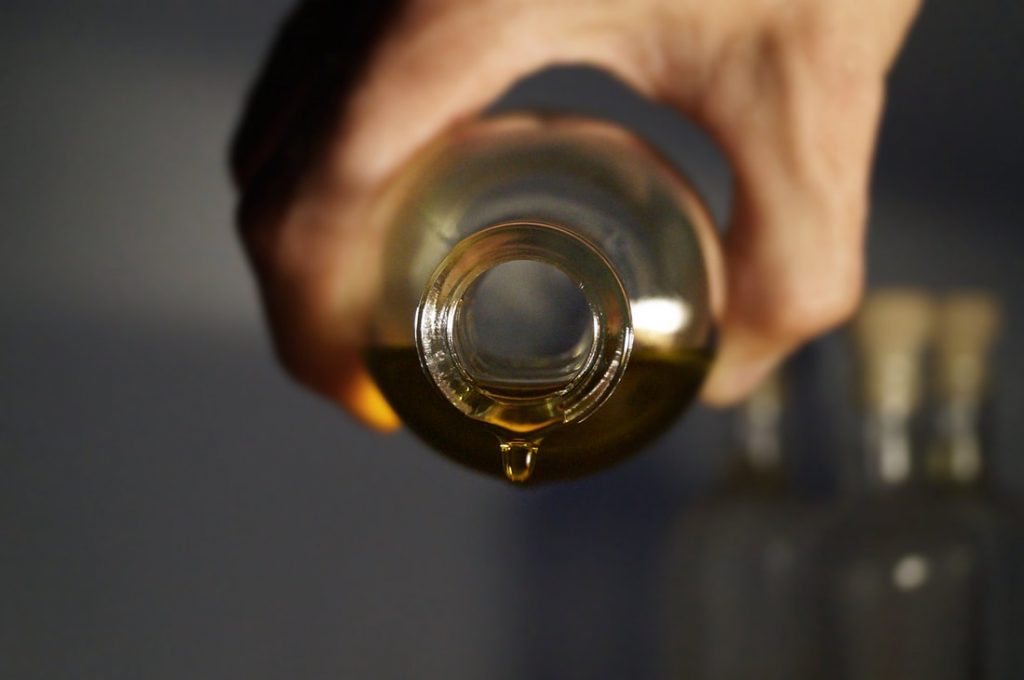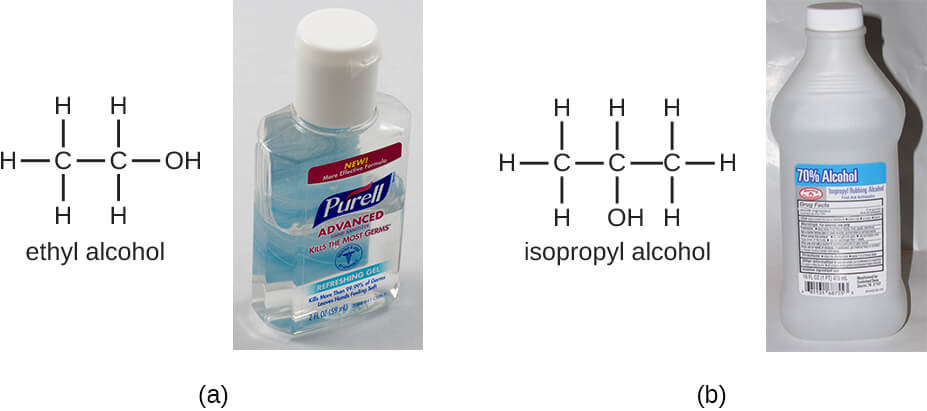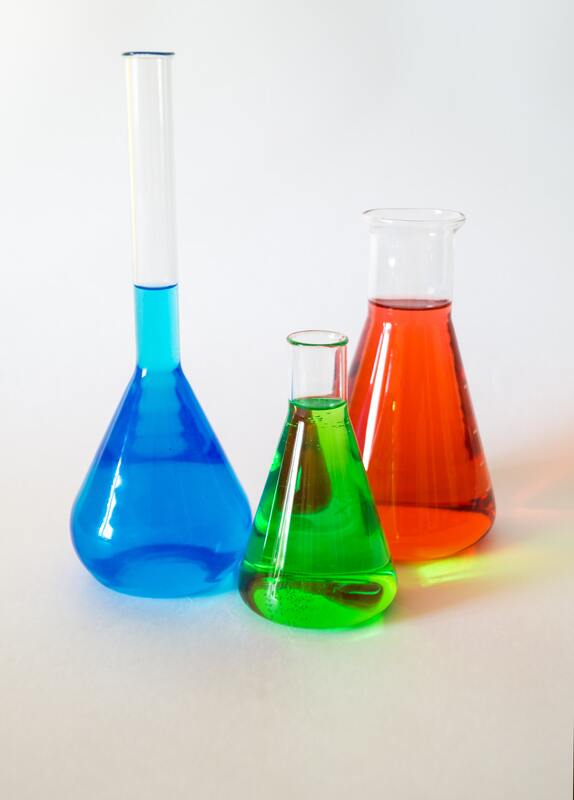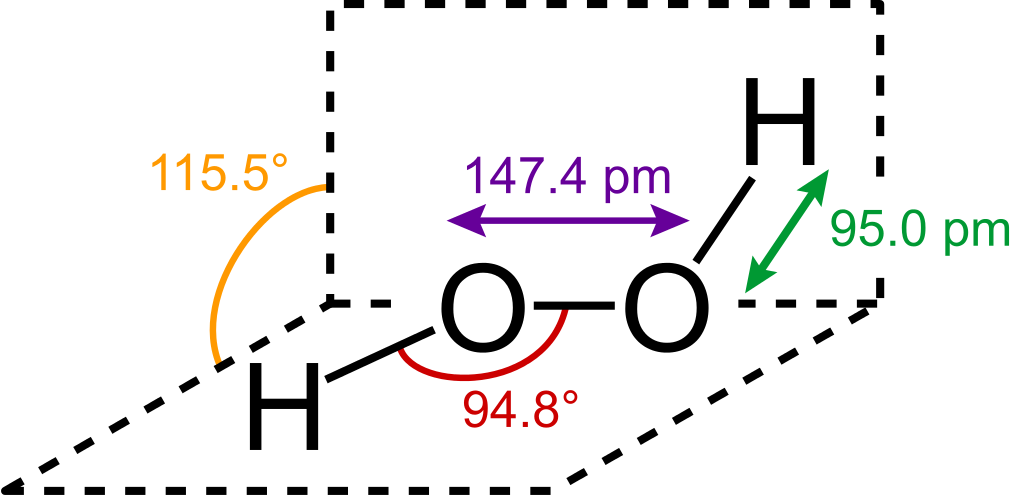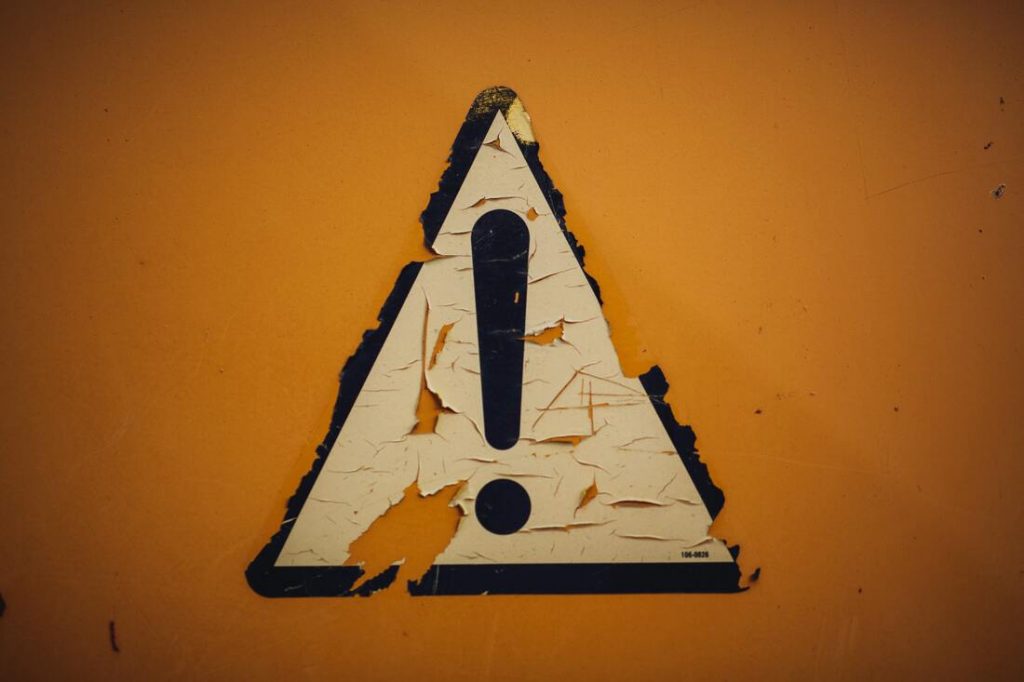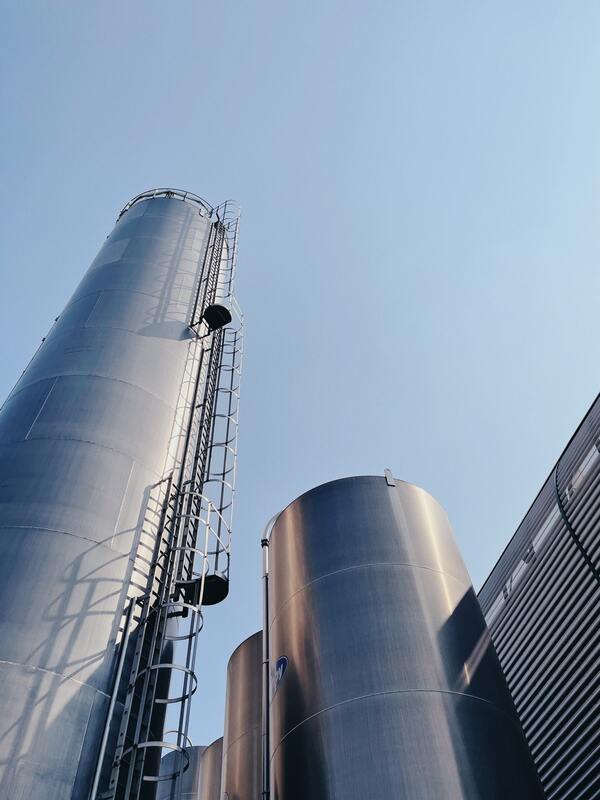The Power of n-Heptane for Vaccines
The Power of n-Heptane for Vaccines
n-Heptane for Vaccines, 17.51 million people receive a COVID-19 vaccine every day. With the recent technological advancement in making vaccines, scientists claim that the mRNA vaccine is safe and effective in preventing viral infections.
But did you know that scientists use a solvent known as n-Heptane for vaccines? Now you know.
In the article below, you’ll know what the popular liquid is and how it plays a role in saving the world from the coronavirus pandemic. Let’s get into it.
